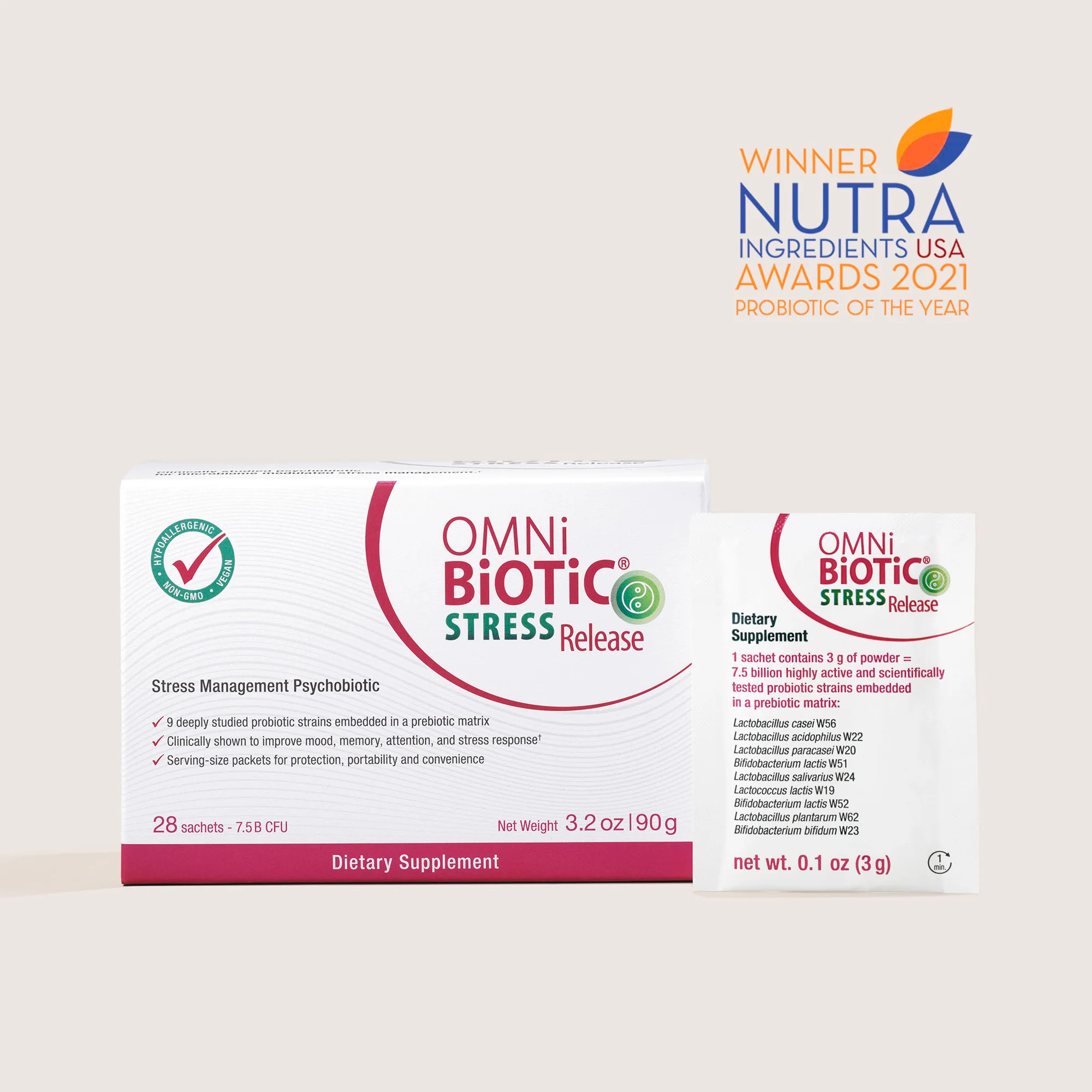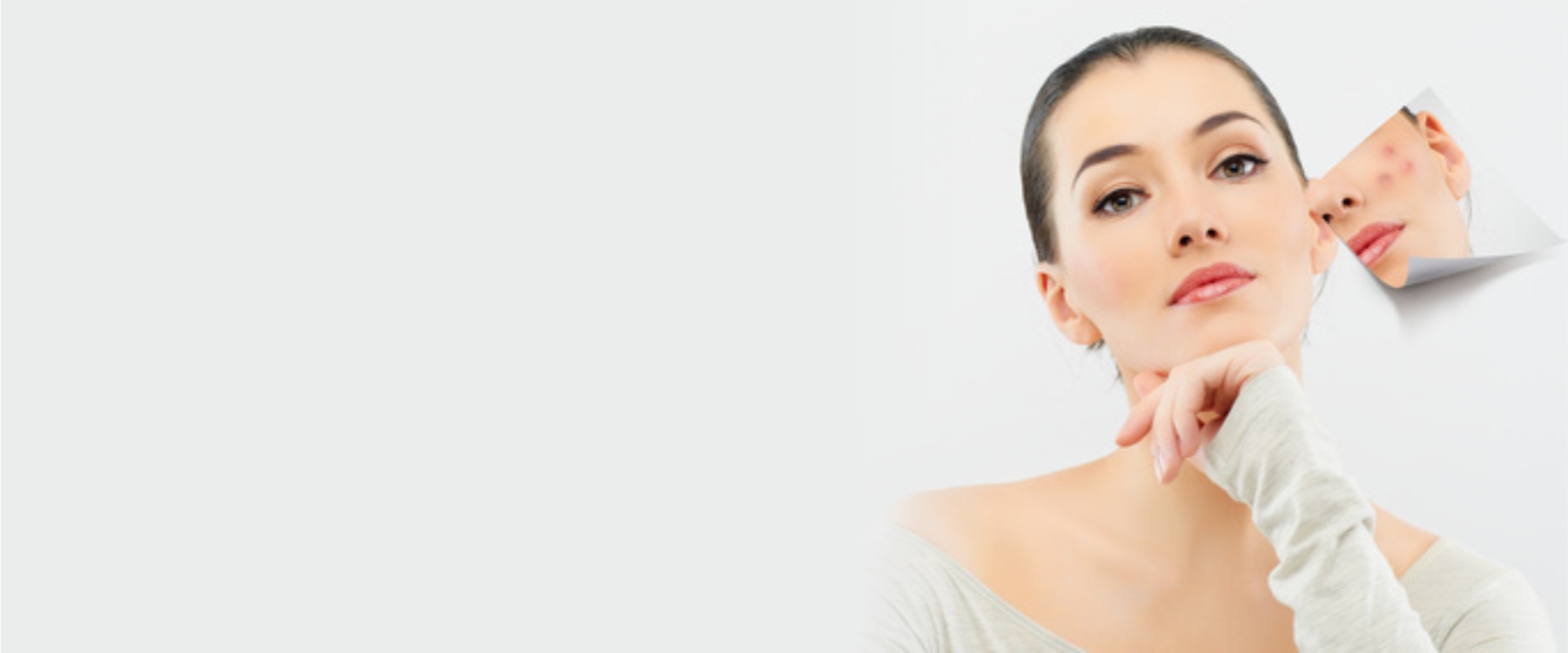Biotin supplements have gained immense popularity in recent years as a go-to solution for hair growth. With many individuals searching for ways to improve their hair health, biotin – also known as Vitamin B7 – has emerged as a favored choice due to its vital role in cellular metabolism and hair, skin, and nail health. But with the surge in biotin supplement usage, a question arises: Are best biotin tablets for hair growth safe? This blog delves into the benefits, potential side effects, and important considerations when choosing biotin supplements to help you make an informed decision.
Understanding Biotin and Its Role in Hair Growth
Biotin, or Vitamin B7, is a water-soluble vitamin that’s essential for converting food into energy. It plays a key role in the metabolism of carbohydrates, fats, and proteins, supporting cellular health throughout the body. One of biotin’s most well-known benefits is its ability to enhance keratin production. Keratin is a protein that makes up the structure of hair, skin, and nails. Therefore, adequate biotin levels are often associated with healthier hair growth and increased hair strength.
Many people turn to biotin supplements to address issues like hair thinning or hair loss, particularly if they suspect a deficiency. However, it’s important to note that biotin deficiencies are relatively rare in individuals with a balanced diet, as the vitamin is naturally found in foods like eggs, nuts, fish, and avocados.
How Biotin Tablets Promote Hair Growth
When biotin levels are adequate, hair follicles are more likely to be well-nourished, promoting healthier and potentially faster hair growth. For individuals experiencing hair thinning due to biotin deficiency, supplements may help restore balance and improve hair strength. Biotin tablets essentially act as a concentrated source of the vitamin, providing extra support for hair health.
However, it’s important to keep in mind that hair growth results vary widely among individuals. Biotin supplements may work well for some, while others may not see significant changes if they already have sufficient biotin intake from their diet.
The Safety Profile of Biotin Tablets
Before adding any supplement to your routine, understanding the safety profile is crucial. Here’s what we know about the general safety of biotin:
FDA Classification and General Safety
Biotin is generally recognized as safe by the Food and Drug Administration (FDA) when taken in appropriate doses. As a water-soluble vitamin, biotin doesn’t accumulate in the body, meaning any excess is usually expelled through urine. This reduces the likelihood of biotin building up to dangerous levels within the body. However, there are still recommended daily intake levels to follow for safe usage.
Recommended Dosage
The daily recommended intake of biotin for adults is between 30-100 micrograms (mcg), though hair-growth supplements often contain higher doses, ranging from 1,000 to 10,000 mcg. While these higher doses are generally considered safe, they may lead to side effects in some individuals. Starting with a lower dose is usually a wise approach, particularly if you’re new to biotin supplementation.
Potential Side Effects and Risks of Biotin Tablets
While biotin is usually safe, some users may experience side effects, especially if they consume high doses.
Minor Side Effects
Some individuals may experience mild digestive discomfort, nausea, or even skin reactions like acne or rashes. These side effects are typically mild and tend to occur more frequently with high doses. If you experience any adverse effects, consider lowering the dose or speaking with a healthcare provider.
High Dose Risks
Excessive biotin can sometimes lead to unwanted side effects, particularly if taken in very high amounts. Although rare, high doses can disrupt certain bodily functions, such as the production of insulin or the breakdown of fatty acids. Additionally, excessive biotin intake may increase the risk of skin issues, like acne.
Interference with Lab Tests
One of the most significant concerns with high doses of biotin is its potential to interfere with lab tests, particularly blood tests. High levels of biotin can skew the results of tests measuring hormone levels, thyroid function, and even heart-related biomarkers. If you’re scheduled for any blood tests, inform your healthcare provider about your biotin intake, as they may recommend temporarily stopping the supplement.
Who Should Avoid Biotin Supplements?
While biotin is generally safe for most individuals, certain people should proceed with caution or avoid it altogether:
- Pregnant or Breastfeeding Individuals: Though biotin is essential, it’s wise to consult a healthcare provider before taking supplements while pregnant or breastfeeding, as these groups have unique nutritional needs.
- Individuals with Skin Conditions: Those prone to acne or other skin sensitivities may find that biotin exacerbates these conditions.
- People with Medical Conditions: If you have existing hormonal or metabolic conditions, biotin may interfere with certain medications or exacerbate symptoms. Consulting a healthcare provider is essential.
Safety Tips for Using Biotin Tablets
If you decide to try biotin for hair growth, here are some safety tips to ensure a positive experience:
1. Consult with a Healthcare Professional
Before starting any supplement, it’s important to speak with a healthcare provider, especially if you’re on other medications or have preexisting health conditions. They can help assess whether biotin is appropriate for your individual needs.
2. Read Labels and Follow Dosage Instructions
Not all biotin supplements are created equal, so choose reputable brands with clear dosage instructions. Avoid supplements that contain extremely high doses without proper guidance, as these may increase the risk of side effects.
3. Start with a Lower Dose and Monitor
If you’re new to biotin, start with a lower dose and monitor how your body responds. This approach allows you to assess the supplement’s effectiveness and potential side effects before increasing the dosage.
Alternative Ways to Get Biotin for Hair Health
If you prefer a natural approach to biotin intake, consider incorporating biotin-rich foods into your diet:
- Eggs: One of the richest natural sources of biotin.
- Nuts and Seeds: Almonds, walnuts, and sunflower seeds offer a good biotin boost.
- Salmon and Tuna: Both provide biotin along with essential omega-3 fatty acids.
- Avocado: A biotin-rich, nutrient-dense food that’s excellent for overall health.
A balanced diet, combined with biotin from natural food sources, may be sufficient for hair health without needing a supplement.
Conclusion
Biotin tablets can be a helpful addition to your hair growth regimen, but it’s essential to approach supplementation with awareness and caution. While biotin is generally safe, potential side effects and its interference with lab tests should be considered. Start with a lower dose, consult with a healthcare provider, and consider biotin-rich foods as an alternative if supplements aren’t right for you. Remember, achieving healthy hair is a journey that combines proper nutrition, balanced supplementation, and patience.



